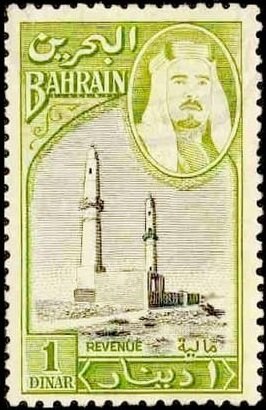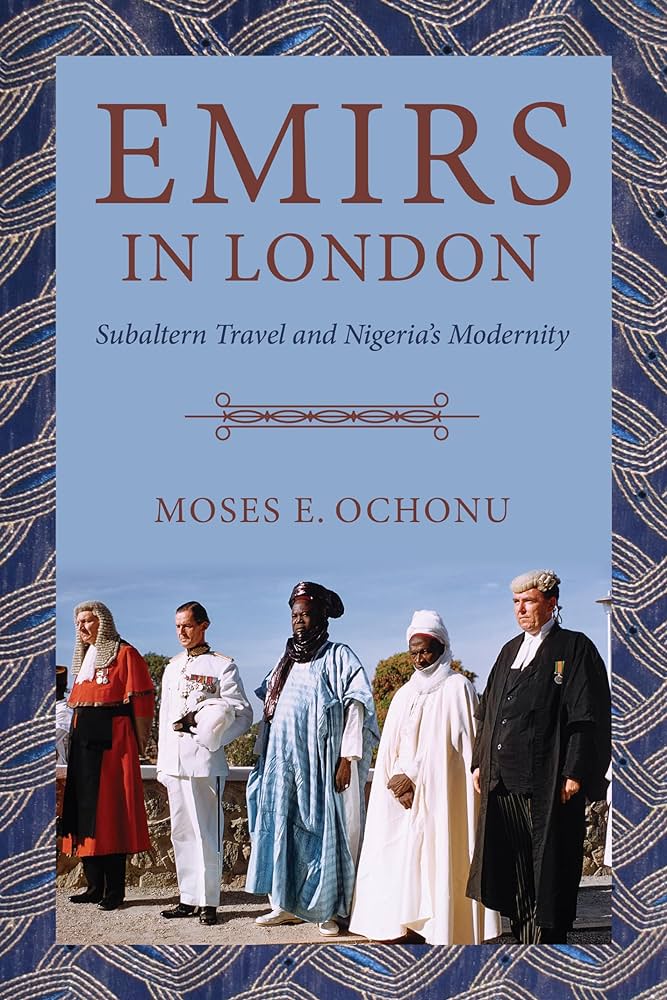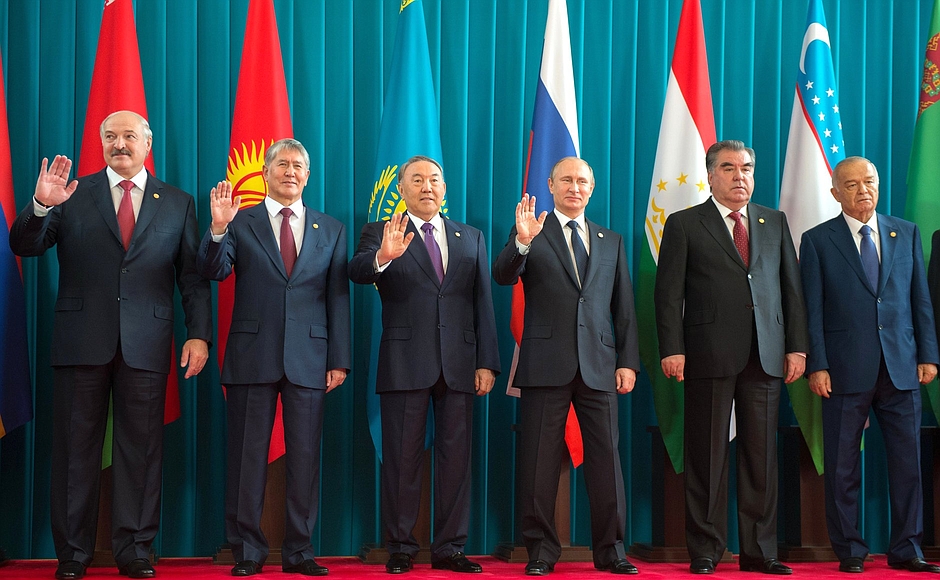Stamp: Khamis Mosque (Bahrain 1967)
Khamis Mosque (Bahrain 1967)
01 January (Bahrain ) within release Revenue goes into circulation Stamp Khamis Mosque face value 1 Bahraini dinar
Stamp is square format.
Portrait of Emir Sheikh Isa bin Salman al-Khalifa Revenue Reverend cat. no: R44Also in the issue Revenue:
- Stamp - Dhow face value 500;
- Stamp - Emir Sheikh Isa bin Salman al-Khalifa face value 50;
- Stamp - Emir Sheikh Isa bin Salman al-Khalifa face value 100;
- Stamp - Freshwater pool and date palms face value 10;
- Stamp - Khamis Mosque face value 1;
- Stamp - Khamis Mosque face value 1;
- Stamp - Royal palace face value 5;
|
Data entry completed
56%
|
|
|---|---|
| Stamp Khamis Mosque in digits | |
| Country: | Bahrain |
| Date: | 1967-01-01 |
| Print: | Recess |
| Perforation: | 11½ x 12 |
| Emission: | Revenue |
| Format: | Stamp |
| Face Value: | 1 Bahraini dinar |
Stamp Khamis Mosque it reflects the thematic directions:
Architecture (Latin architectura, from the Greek ἀρχιτέκτων arkhitekton "architect", from ἀρχι- "chief" and τέκτων "builder") is both the process and the product of planning, designing, and constructing buildings and other physical structures. Architectural works, in the material form of buildings, are often perceived as cultural symbols and as works of art. Historical civilizations are often identified with their surviving architectural achievements.
Emir (/əˈmɪər, eɪˈmɪər, ˈeɪmɪər/; Arabic: أمير ʾamīr [ʔæˈmiːr] , sometimes transliterated amir, amier, or ameer, is a word of Arabic origin that can refer to a male monarch, aristocrat, holder of high-ranking military or political office, or other person possessing actual or ceremonial authority. The title has a long history of use in the Arab World, East Africa, West Africa, Central Asia, and the Indian subcontinent. In the modern era, when used as a formal monarchical title, it is roughly synonymous with "prince", applicable both to a son of a hereditary monarch, and to a reigning monarch of a sovereign principality, namely an emirate. The feminine form is emira (أميرة ʾamīrah), with the same meaning as "princess". Prior to its use as a monarchical title, the term "emir" was historically used to denote a "commander", "general", or "leader" (for example, Amir al-Mu'min). In contemporary usage, "emir" is also sometimes used as either an honorary or formal title for the head of an Islamic, or Arab (regardless of religion) organisation or movement.
Famous People refers to the fame and public attention accorded by the mass media to individuals or groups or, occasionally, animals, but is usually applied to the persons or groups of people (celebrity couples, families, etc.) themselves who receive such a status of fame and attention. Celebrity status is often associated with wealth (commonly referred to as fame and fortune), while fame often provides opportunities to make money.
A head of state (or chief of state) is the public persona that officially represents the national unity and legitimacy of a sovereign state. In some countries, the head of state is a ceremonial figurehead with limited or no executive power, while in others, the head of state is also the head of government. In countries with parliamentary governments, the head of state is typically a ceremonial figurehead that does not actually guide day-to-day government activities and may not be empowered to exercise any kind of secular political authority (e.g., Queen Elizabeth II as Head of the Commonwealth). In countries where the head of state is also the head of government, the president serves as both a public figurehead and the actual highest ranking political leader who oversees the executive branch (e.g., the President of the United States).
A man is an adult male human. Prior to adulthood, a male human is referred to as a boy (a male child or adolescent).
Mosquitoes, the Culicidae, are a family of small flies consisting of 3,600 species. The word mosquito (formed by mosca and diminutive -ito) is Spanish and Portuguese for little fly. Mosquitoes have a slender segmented body, one pair of wings, three pairs of long hair-like legs, and specialized, highly elongated, piercing-sucking mouthparts. All mosquitoes drink nectar from flowers; females of some species have in addition adapted to drink blood. The group diversified during the Cretaceous period. Evolutionary biologists view mosquitoes as micropredators, small animals that parasitise larger ones by drinking their blood without immediately killing them. Medical parasitologists view mosquitoes instead as vectors of disease, carrying protozoan parasites or bacterial or viral pathogens from one host to another.
Muslims (Arabic: المسلمون, romanized: al-Muslimūn, lit. 'submitters [to God]') are people who adhere to Islam, a monotheistic religion belonging to the Abrahamic tradition. They consider the Quran, the foundational religious text of Islam, to be the verbatim word of the God of Abraham (or Allah) as it was revealed to Muhammad, the main Islamic prophet. Alongside the Quran, Muslims also believe in previous revelations, such as the Tawrat (Torah), the Zabur (Psalms), and the Injeel (Gospel). These earlier revelations are associated with Judaism and Christianity, which are regarded by Muslims as earlier versions of Islam. The majority of Muslims also follow the teachings and practices attributed to Muhammad (sunnah) as recorded in traditional accounts (hadith).







